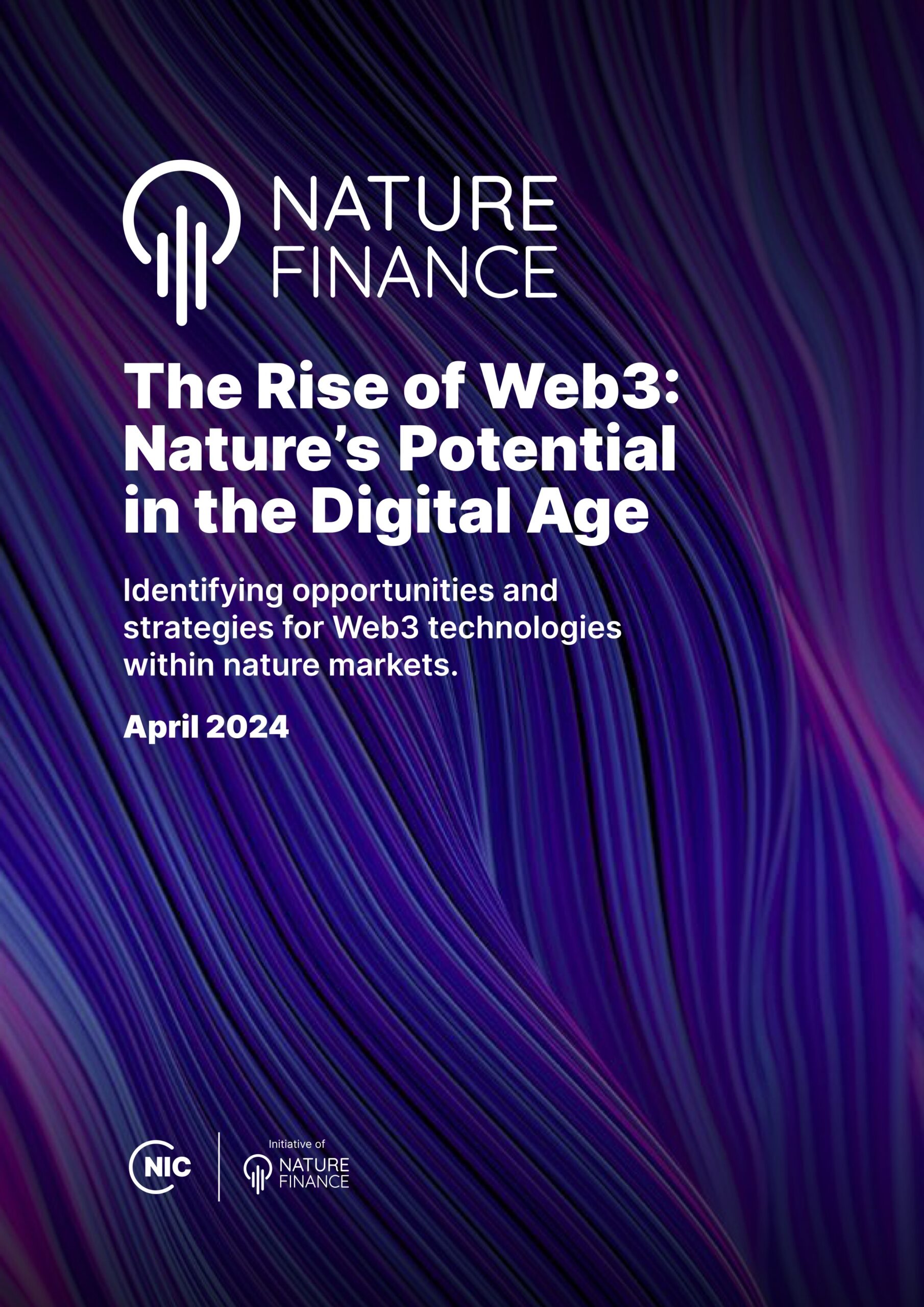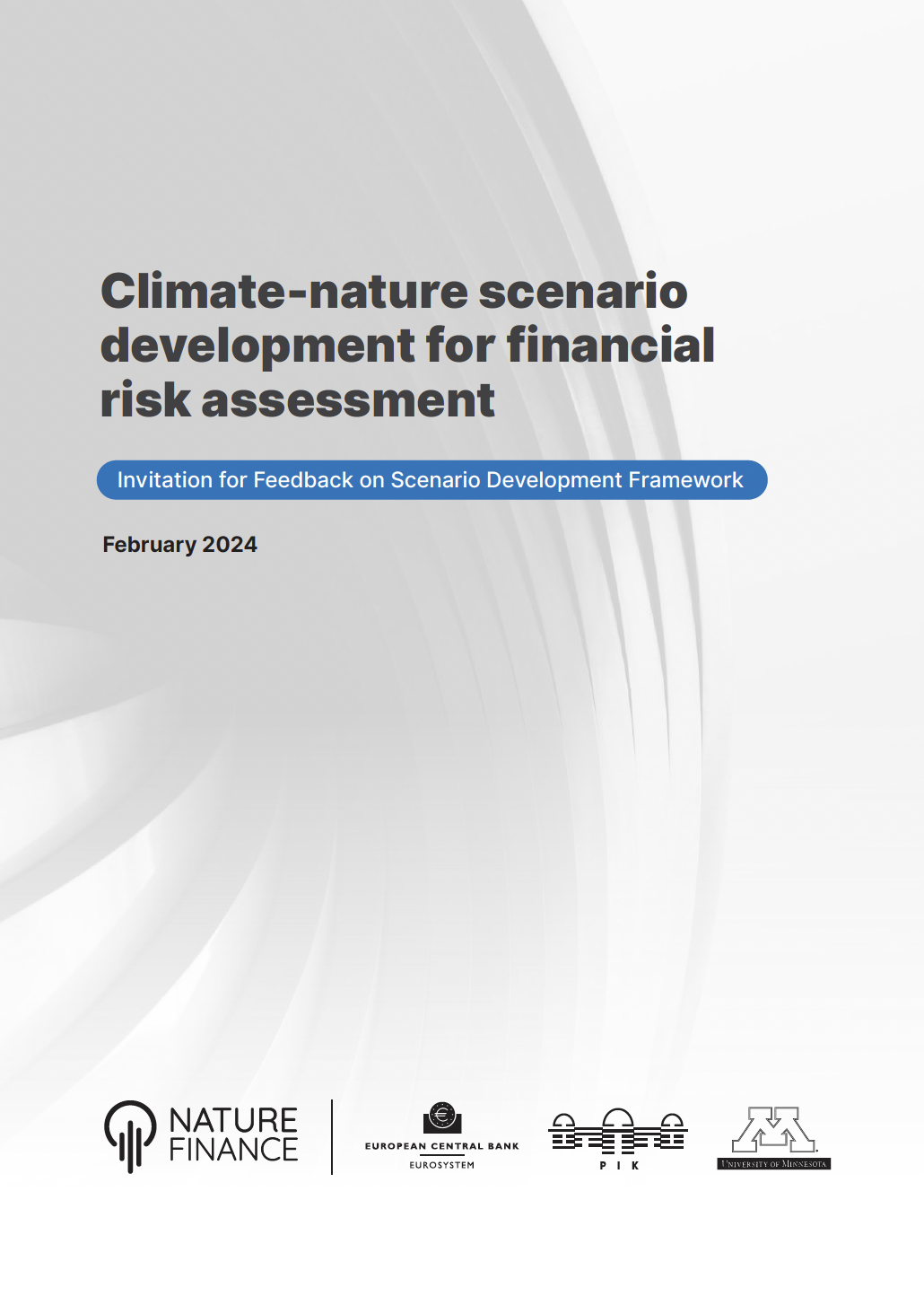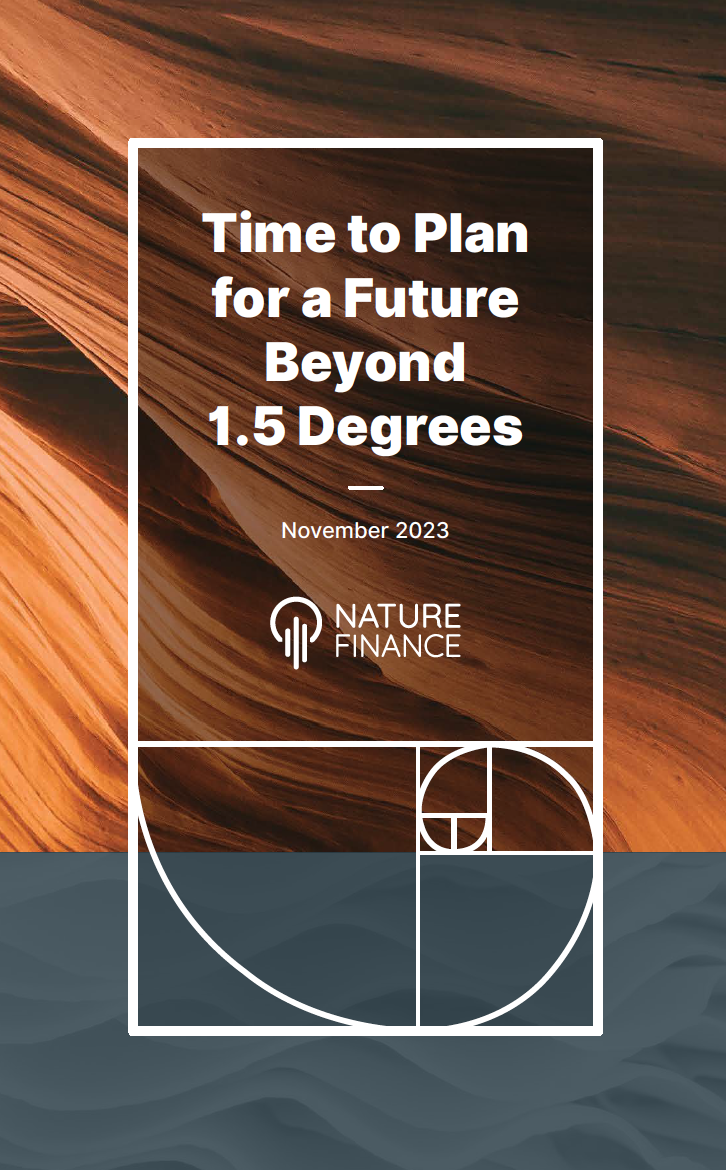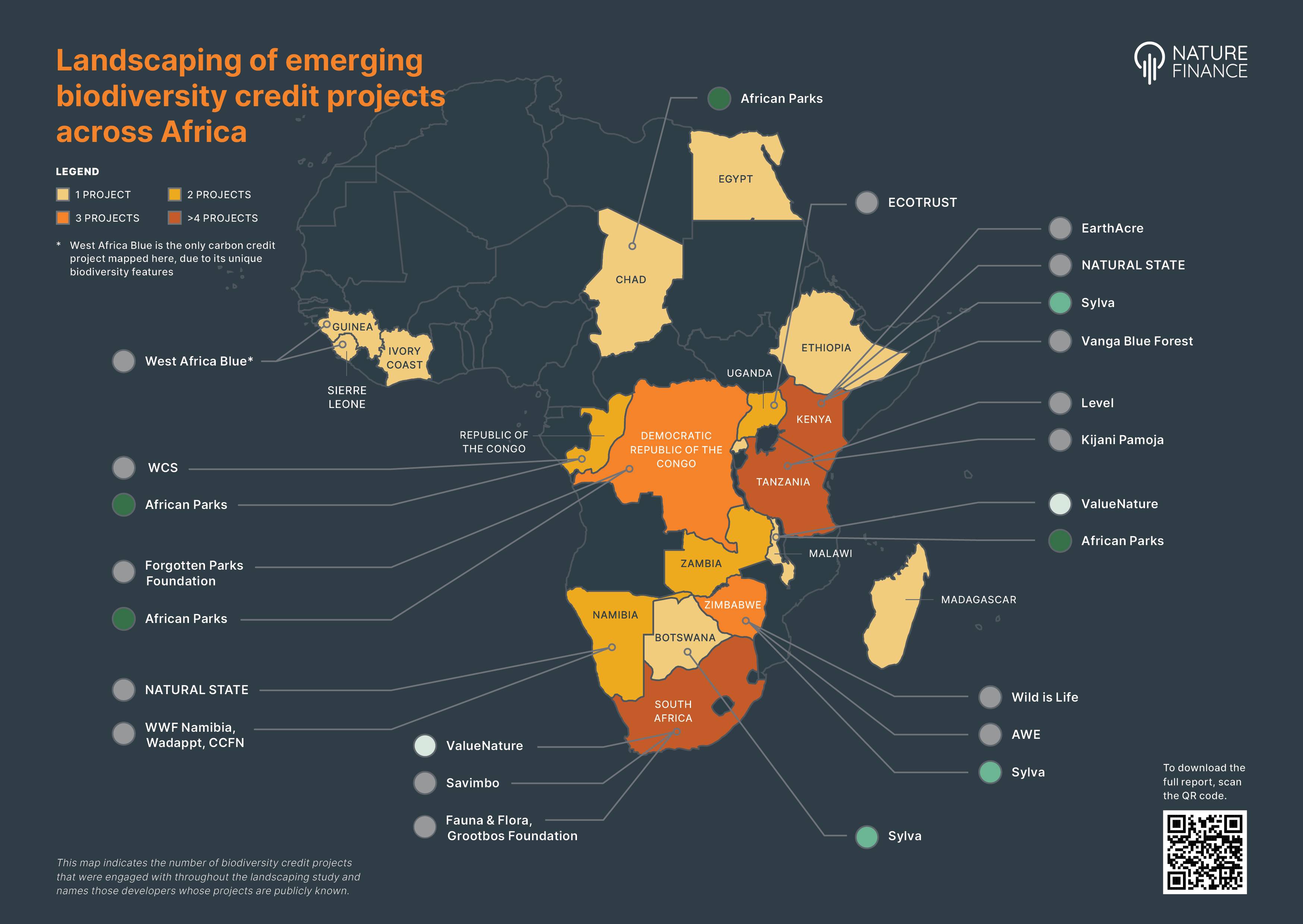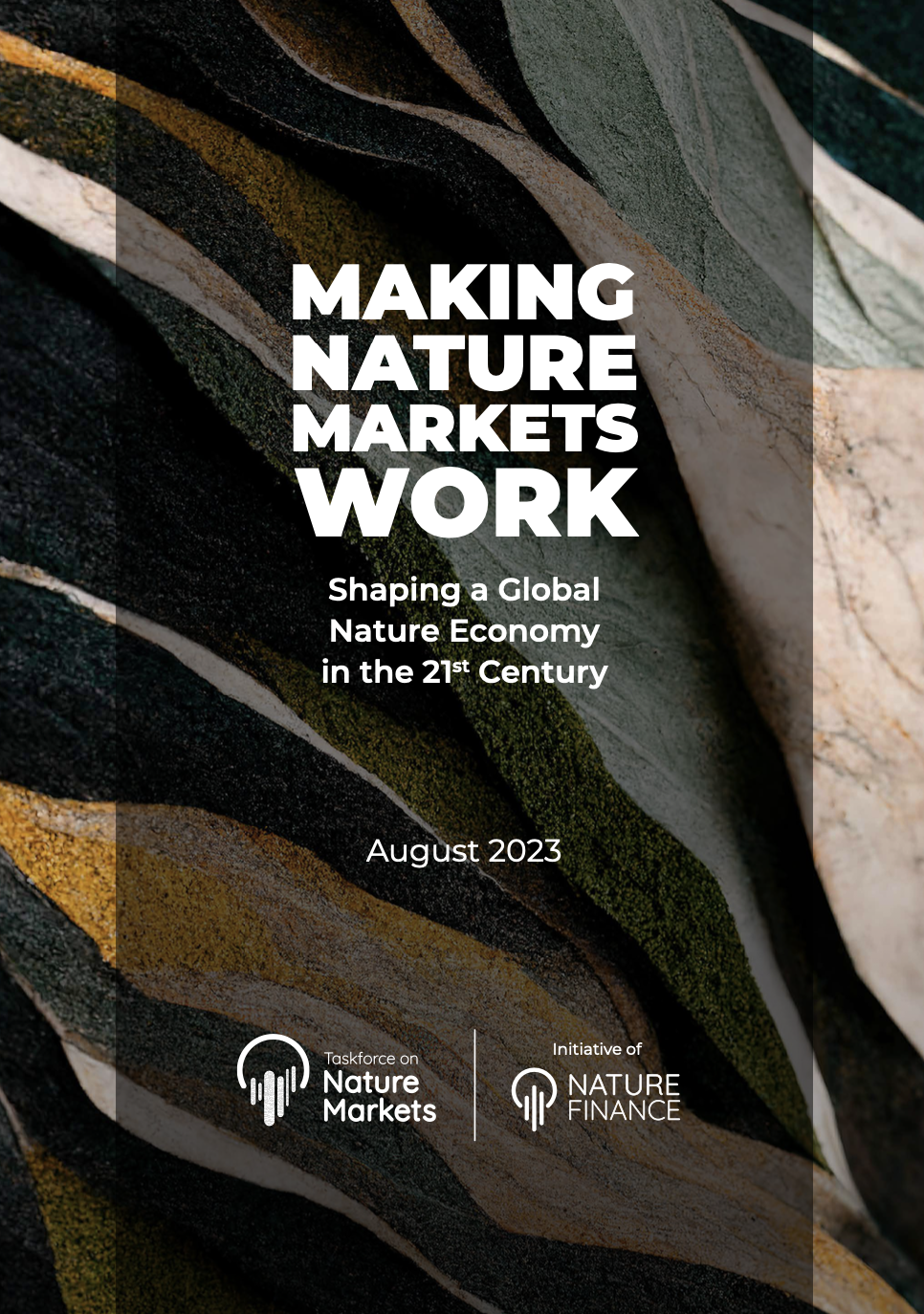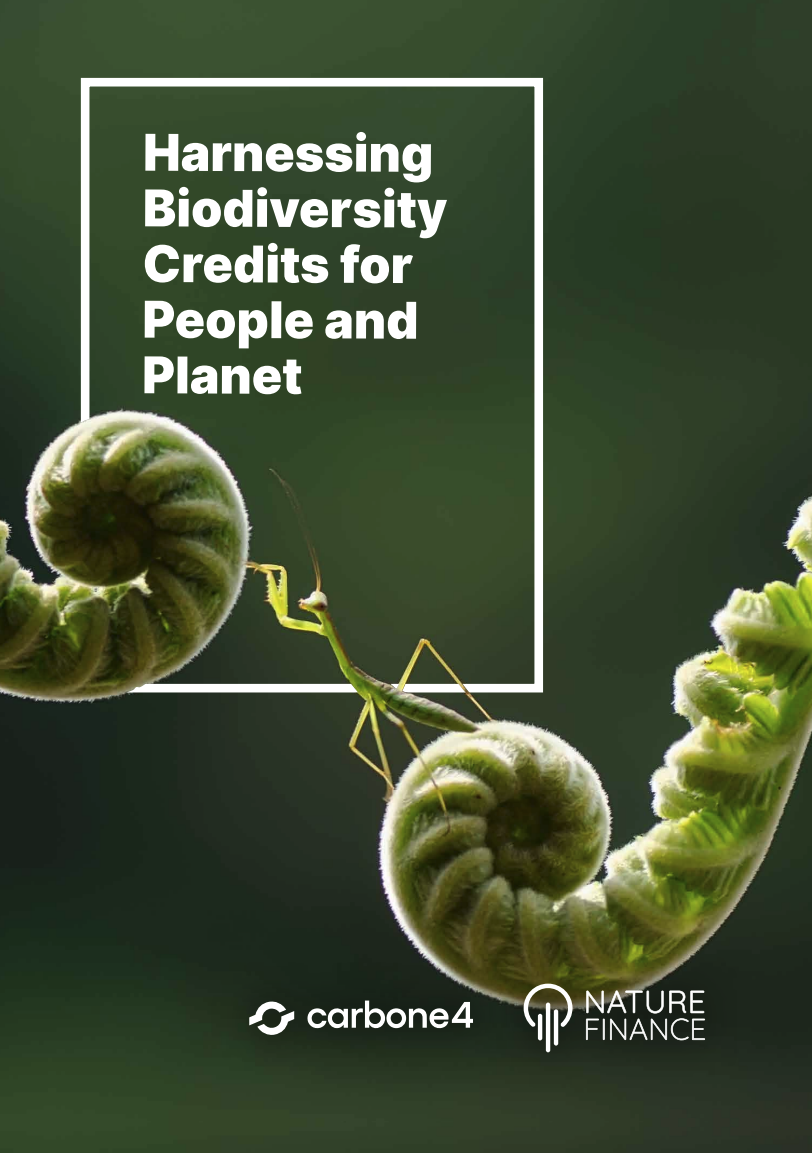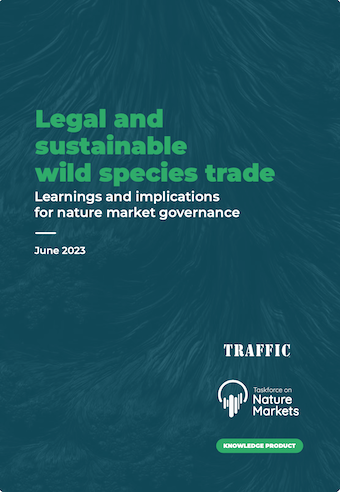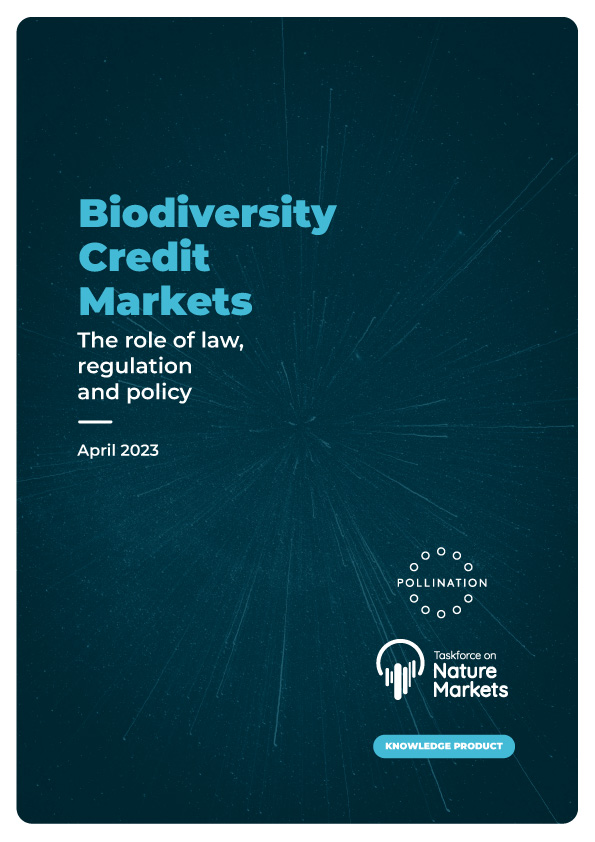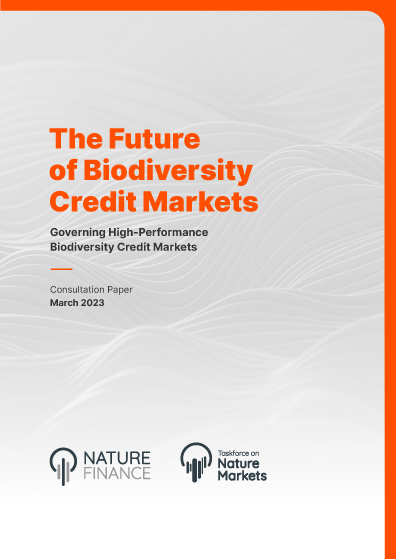What we choose to fund will define the lives of everyone on Earth.
With 100% of the economy being dependent on nature, the way we choose to define our economies going forward will tip the scales towards either an equitable nature-positive future, or an irreversible nature-negative one – with devastating impacts for people and the planet.
The ‘bioeconomy’ encompasses a wide scope, from sustainable agriculture, fishing, forestry and aquaculture, to food and feed manufacturing, bio-based tech, products, and bioenergy.
The bioeconomy is distinct in that it includes the fusion of bio and tech, whilst including classical nature investment opportunities. How the world’s largest economies choose to embrace and champion a modern bioeconomy will in large part determine our relationship with nature, trade and whether it is ultimately regenerative and nature-positive.
And, if we look at the economy through a bioeconomy lens, we can see a potential broad investment landscape into both nature conservation and cutting edge tech; perhaps providing the next set of market and livelihood opportunities.
A new Global Stocktake authored by NatureFinance and FGV-CES, with the support of dozens* of civil society organisations illustrates that with some overlaps and differences all G20 members are already advancing a bioeconomy strategy and practices.
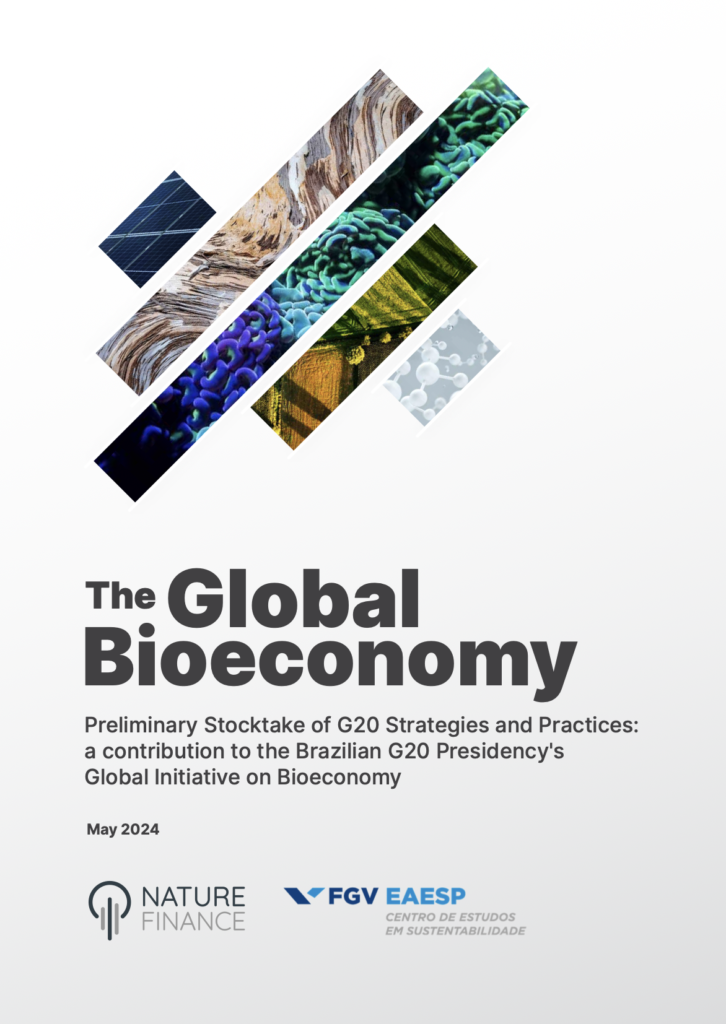
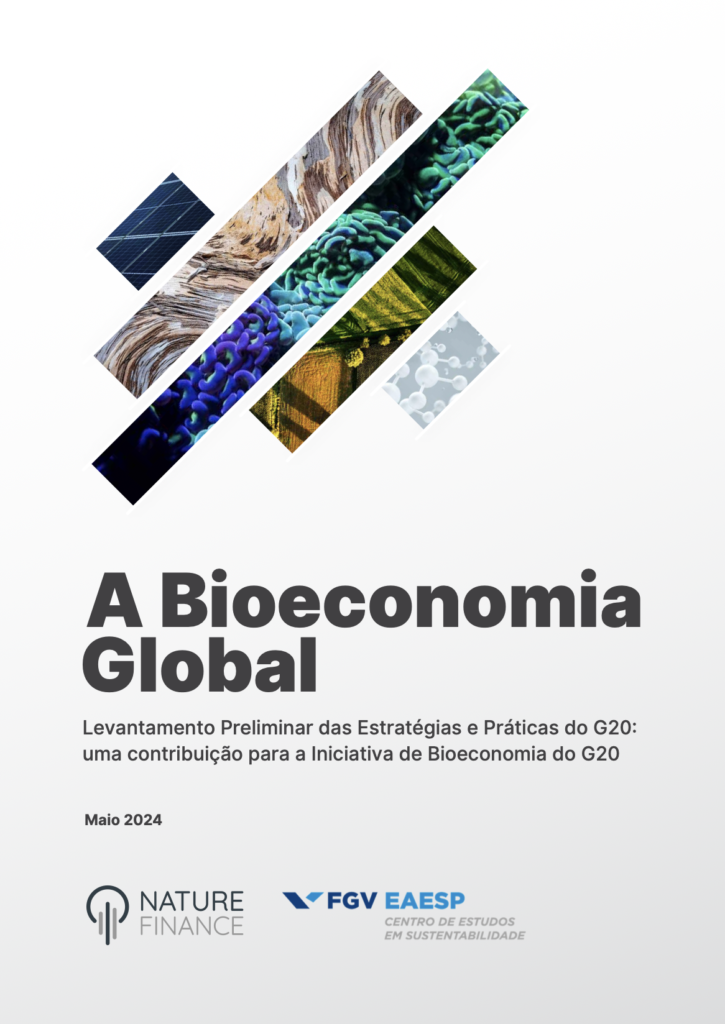
The Global Bioeconomy
In its annual ‘State of the Global Bioeconomy’ report, the World Bioeconomy Forum estimates the total value of the bioeconomy at US$4 trillion, and according to a study by Boston Consulting Group’s Henderson Institute (BHI), its value could rise to US$30 trillion by 2050.
The new report is a response to the highly significant growth potential of the bioeconomy and aims to contribute to the inaugural G20 Initiative on Bioeconomy, launched by the Brazilian Presidency – whom will head the G20 until November 2024 and will then pass the baton to South Africa – to foster dialogue, international cooperation and, ultimately, a set of agreed High-Level Principles on Bioeconomy.
This stocktake looks at challenges and opportunities, as well as highlighting emerging themes that could be the focus for further research by the G20 Initiative on Bioeconomy.
Key Takeaways
While G20 members have diverse priorities and strategies, there are underlying convergences.
The preliminary analysis indicates that G20 members’ approaches are closely aligned across three key themes:
1. biotechnology (research, development, and innovation);
2. bioresources (sustainable use of biodiversity) and
3. bio-ecology (sustainable development more broadly).
Five key themes emerge for consideration for a G20 Initiative on Bioeconomy, including:
1) integration into economic plans,
2) consideration of equity outcomes,
3) exploration of financing options,
4) biotrade facilitation, and
5) refining of measurement methodologies.
Please download, share and discuss the report.
Contact and more information
For media and communications enquiries, contact Jo Benn, Head of Communications at NatureFinance: jo.benn@naturefinance.net
*The G20 Initiative on Bioeconomy Support Group includes: Amazon Concertation; Amazon Environmental Research Institute (IPAM); Arapyaú Institute; Brazilian Business Council for Sustainable Development (CEBDS); Brazilian Centre for International Relations (CEBRI); Brazilian Coalition on Climate, Forests and Agriculture; Brazilian Tree Industry (IBÁ); CDP Latin America; Climate Policy Initiative (CPI); Dom Cabral Foundation (FDC); Getúlio Vargas Foundation (FGV); Igarapé Institute; Insper Agro Global; Interstate Consortium for the Sustainable Development of the Legal Amazon; Natura & Co; NatureFinance; The Brazilian Federation of Banks (FEBRABAN); The Institute for Climate and Society (iCS); The Nature Conservancy (TNC)
